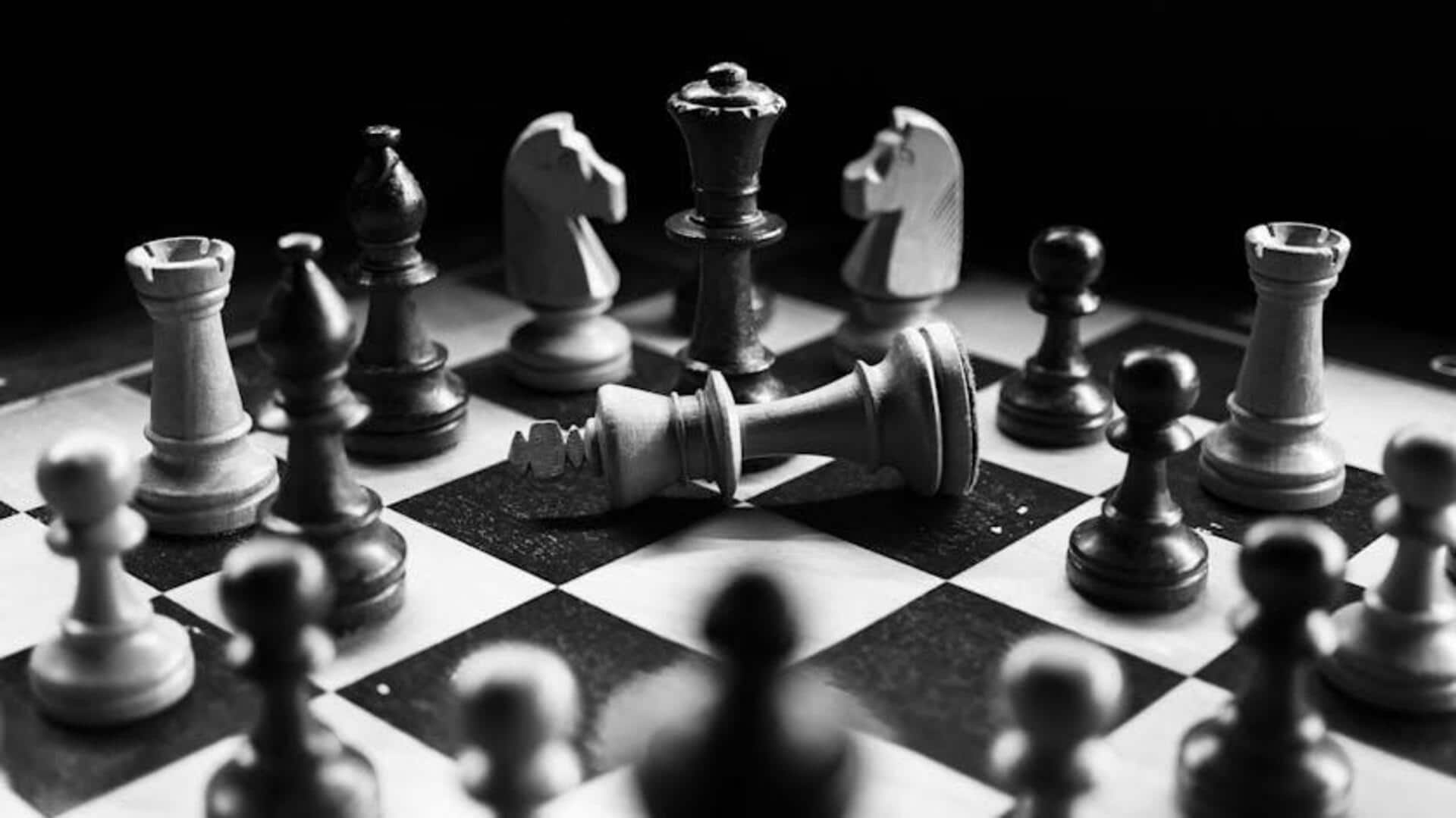
Etiquette for amateur chess tournaments
What's the story
Playing in amateur chess tournaments can be a lot of fun and a great way to challenge yourself against other players. However, it's important to know that these tournaments have their own unwritten rules and etiquette. Following them not only makes your experience better but also shows respect for the game, your fellow players, and the tournament organizers.
Preparation
Know the rules before you play
Before you enter the tournament hall, it's essential to have a clear understanding of the rules of the specific event you're participating in. While most chess tournaments adhere to standard regulations established by FIDE (International Chess Federation), some may introduce unique modifications or additional rules. Taking the time to familiarize yourself with these beforehand can save you from any accidental violations of conduct during play.
Attire
Dress appropriately for the occasion
While there isn't a formal dress code for most amateur chess tournaments, dressing appropriately is a way of showing respect for your opponents and the event organizers. Refrain from wearing anything too casual or beachwear-like, such as shorts or flip-flops. Choosing smart-casual attire can help foster a positive atmosphere at the tournament and ensure you're perceived as a serious competitor.
Silence is golden
Maintain silence during matches
One of the most important rules in chess etiquette is to stay quiet during the game. Talking or even whispering can be really distracting to someone trying to concentrate on their moves. You should also turn off or silence electronic devices before the game starts so you don't accidentally disturb the peace.
Courtesy
Respect your opponent's space and time
Chess is not only a game of skill but also of patience and respect. Don't stand or hover over your opponent while they are contemplating their moves. Also, don't make unnecessary noise with pieces or tap on the table, as it can be distracting. You need to extend the same level of concentration space to your opponent that you would want them to provide you.
Sportsmanship
Handle victory and defeat gracefully
Victory and defeat are two sides of the same coin in any sport, and how you handle both says a lot about you as a sportsperson. Always offer a handshake before and after every match, no matter the result. If you lose, acknowledge your opponent's skill with a "Well played." If you win, express your gratitude for the match with a "Thank you," but avoid gloating about your win.